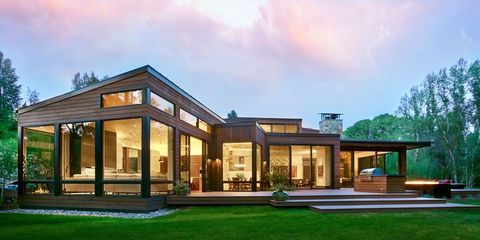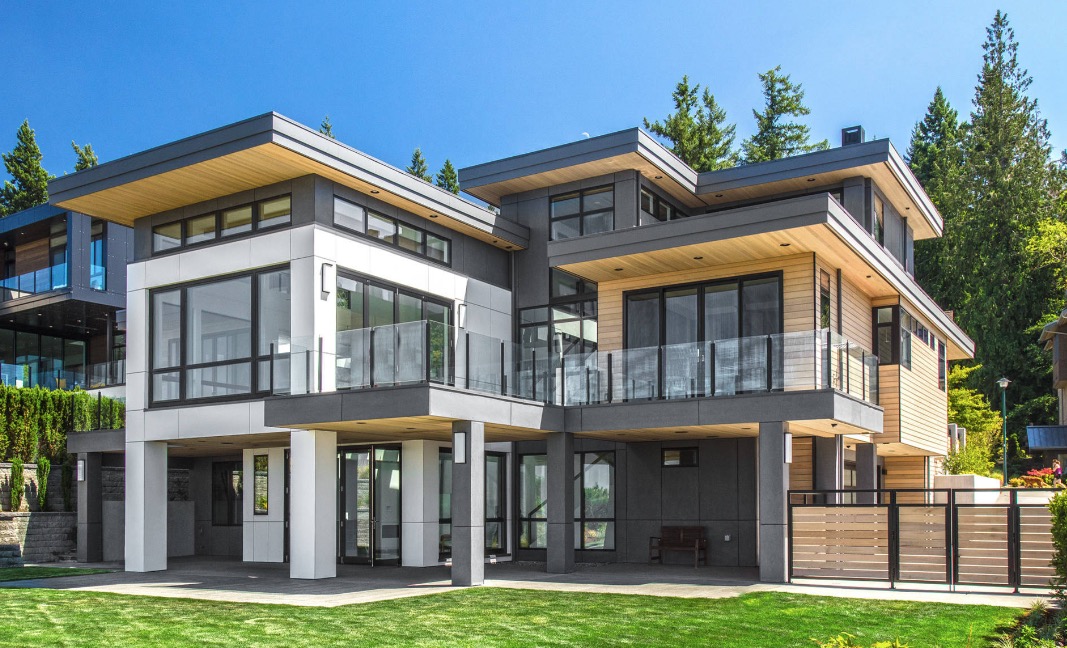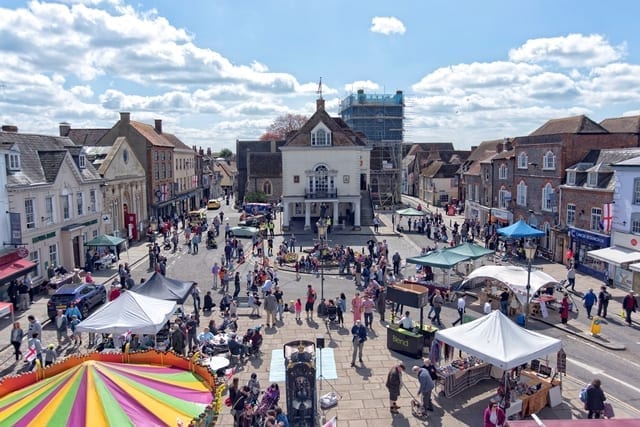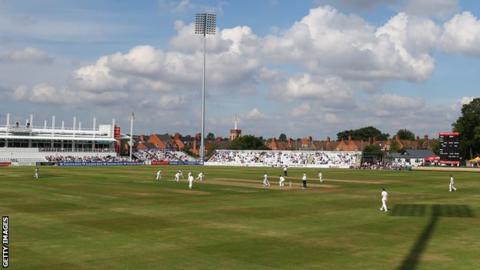Build houses
So I think it’s important to continue to build houses. What the local council is doing here is proposing to build a lot of houses in villages and I’ve been, frankly, quite surprised at the negative reaction from a lot of the village communities saying we don’t want any more houses, yet you and I have just discussed pubs closing. A village like Sparsholt, which is 150 houses, if it had 10 or 20 more houses I don’t think it would kill the character of the village but it might provide 10 or 20 young families, where the parents would use the pub, support the village school, support the village shop in the next door village. I think that’s a good thing but it’s surprising how many people say emphatically ‘absolutely not’. We have people writing from small villages saying, they’re proposing to put in 10 houses in our village, it’s a disaster and it will ruin the character of the village. Well, I just can’t believe that. I don’t think that’s right at all.
DP: I can agree with the point of view that you can put up a few houses in these small villages and that’s fine. It’s just that the overall character of the nation is changing. I’m not talking about foreigners coming in – I’m half-Balkan myself anyway, one of those that’s come in – but the culture of the English will change. It’s very difficult to define culture: it’s the morality of the people and not easy to consciously recognise.
EV: When you ask about the culture of the English, the first words that always spring to mind are fair play and tolerance. That is a defining characteristic that we’re known throughout the world for. I think it’s why we’re an attractive country for people to want to live in, because they feel that the rule of law means something in this country, that you tend to get fair treatment, and I think that’s an important heritage for us to hold on to. Despite the rows over expenses and the cliché now that politicians are held in low regard, I think we probably have one of the least corrupt public administrations in the world, from the top right down to the parish council. It’s something we should be very proud of. And I think that is a cultural thing. I think that’s the way business is done. It’s just NOT second nature to bribe a public official – it’s an absolutely astonishing exception if it’s ever happened.
DP: There is that mythos, that myth that runs through a people. You can see it easily in the Chinese, where it’s that ‘we are the first civilisation’, which can carry a dangerous sound. For the Americans it’s ‘the Land of the Free’, something they’re beginning to question at the moment.

EV: And we like to call ourselves the first democracy, I think that’s part of it – Magna Carta, the Mother of Parliaments – it’s what I like about this country. I was on Any Questions? the other day and I was saying to Jonathan Dimbleby that it would be very hard to imagine a programme like this anywhere else in the world. It is interesting that you can get a Government Minister and an ex-Cabinet Minister – the Labour guy – on a programme where the general public can ask them anything they like and be, to be blunt, as rude as they like in terms of how they react to the answers. He said, it’s true, we get a lot of interest from other countries wanting to replicate Any Questions? And frankly, it’s very difficult for them to do. The silver lining of the expenses scandal was that it reinforced that point, that the political class are not allowed to get away with anything. They’re always held to account. In the 18th century, we were well-known for the birth of political cartoons. Consider the disgusting way the Monarch or the Prime Minister was portrayed by people like Gilray. The complete irreverence and lack of respect for authority, I think, is very important. It keeps everyone in their place.
DP: There’s been a lot of newspaper space devoted to what they call over-population. How would you see the character of England changing or being redefined with all this development, certainly in the South?
EV: It’s very important that we focus on what is called community cohesion, so I’m a big fan of ensuring that people who come to the country integrate as much as possible with the community that’s already here. I think that’s really important.
DP: I wasn’t actually speaking about foreign people at all.
EV: Will the character of the South East change? It’s a difficult one because things tend to waft and wave. There were debates in the 60s and 70s about people leaving London. Now the population has expanded from some 7 to 8 million in the last 10 years.
DP: Mexico City now has a population of 22 million. Do you envisage that for London?
EV: It’s an interesting point. London is a global city. Where I grew up in London, in Chiswick, was a village in the 19th century and is now a suburb of west London. Could you envisage in 150 years time that Reading is effectively ‘West London’? That could potentially happen.
DP: So the whole of southern England turns into Hong Kong? I find it frightening, personally. We’re just going to lose our sense of what we are.
EV: Well, human beings are resourceful. If we were sitting in Chiswick in the middle of the 19 th century we would also say it’s very frightening, the fact that this little village we’re living in will eventually become part of London, but actually Chiswick remains a very nice place to live and, you know, its character changes.
DP: So really you’ve got no – I don’t want to use the strong word ‘fears’ – but apprehensions?
EV: No. We’ve still got tough planning laws and we keep the Green Belt as such. The environment is important and it’s important to understand that. I’ve campaigned on the quality of housing design, for example. One of the things I feel strongly about is that sometimes when people say they don’t want houses, what they mean is they don’t want hideous one-size-fits-all housing designs. They want houses that feel like they’ve come from and have an identity with the local character. I think that’s important.©


